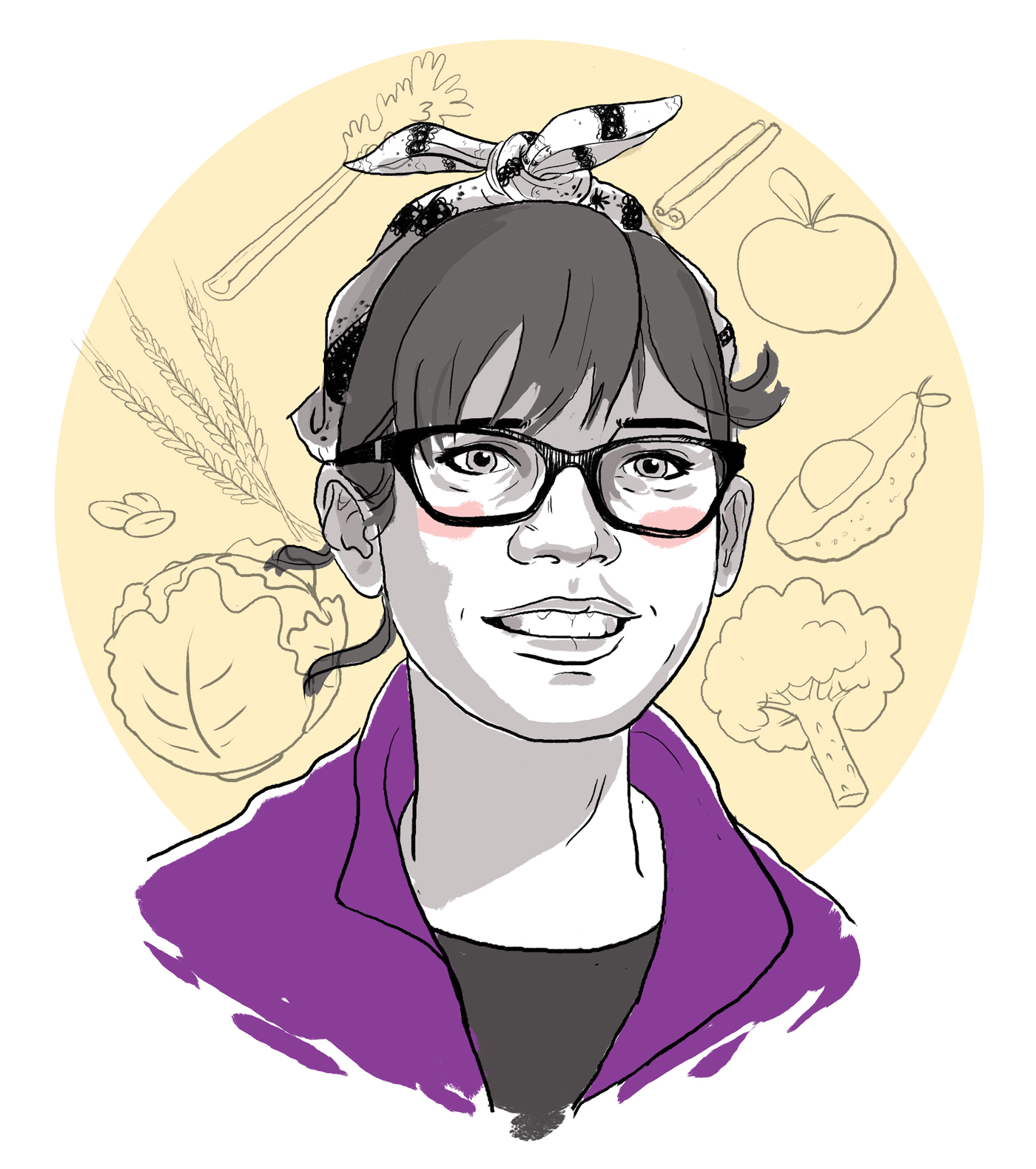The Rise of the Peanut - TheSMARTSeed
Description
Peanuts are pretty ubiquitous. Whether roasted, boiled, or as an oil, we consume peanuts in a variety of manners. This nut that is a legume rather than a nut has, over the past 150 years, infiltrated our cultural arena. We throw a ruckus in the peanut gallery while watching A Charlie Brown Christmas, based off of the comic strip Peanuts. And then think to ourselves, “I wouldn’t pay peanuts for such a sad looking Christmas tree.” Well, the peanut, or otherwise known as the gouber pea, ground nut, ground pea, earth-nut, Pindar nut, and ground bean may have entered our cultural slang, but as we can surmise certainly not in a positive way.
It is the ubiquitous foods that interest me the most. For what has always been often is not seen or truly known. What is most fascinating, is that a food’s ubiquity is often not happenstance. It’s qualities were often seen by an individual or a group of individuals and put to use often benefiting entire cultures. There are some that conclude that human civilization wouldn’t be what it is today if it wasn’t for the cultivation of grains in the Fertile Crescent, or that the British Empire wouldn’t have existed if not for the introduction of the potato in England. Similar to grains and the potato, the peanut had a vital role to play, and the most fascinating of individuals set the stage.
The peanut is native to South America and as it grew in popularity with the Portugese settlers in Brazil, the peanut crisscrossed the Atlantic Ocean along the routes of the Slave Trade. It eventually found a home in Africa and Asia, and in West and Central Africa it became a staple food crop for the citizens appreciated the plants’ resilience. Over the years, as millions of Africans were enslaved and shipped to the United States, they took the peanut along with them. The negative connotation the peanut is saddled with today probably has something to do with it’s time as an “African” food staple and as cheap form of nourishment. Even food can’t avoid the harsh reality of racism.
In the 1800s peanuts were eaten by African Americans and pigs--white folks couldn’t be bothered. Ironically, it wasn’t until the American Civil War when Confederate Soldiers were confronted with starvation that white people started nibbling on the unappreciated legume.
https://www.youtube.com/watch?v=RBOxw6vbDyo
However, although no longer shunned, the peanut was still not a popular food of choice, that is until Dr. George Washington Carver entered the scene.
Carver was a prominent American scientist and inventor in the early 1990s, and, side note, he also happened to be African American. He was born as a slave in Diamond, Missouri. At only a few weeks old, Confederate Soldiers raided the farm, kidnapped George’s family and sold them in Kentucky. Only George was eventually found by his previous owner and returned to Missouri. Carver learnt how to read and soon grew an interest for botany and natural pesticides, fungicides, and soil. In his neighbourhood he became known as the “Plant Doctor.” Keeping in mind all of the obstacles that he would have surely had to face, Carver eventually became the first African American to graduate with a Bachelor of Science degree from Iowa State University in 1894. After teaching at Iowa State, Carver became a teacher at Tuskegee Institute. His new position, though lower in pay, provided Carver the opportunity to help poorer farmers in the south, who were dealing with low yield cotton crops due to soil depletion. Carver introduced the idea of crop rotation to the farmers. This is when you plant a particular crop for one year, and then another crop for the next year. Each crop either adding nutrients or taking out nutrients from the soil, and together working in harmony. The alternating crop, which he suggested to these farmers, was peanuts. Peanuts like their l
More Episodes
For s***s and giggles, let’s say that I, hypothetically of course, lived on a farm, a peach farm to be exact. I’ve picked all of my peaches and counted out the ones that I would need for canning. After I’ve done my counting I have two bushels of peaches left that I do not need. Therefore, I need...
Published 01/15/18
Published 01/15/18
I’m indifferent. I guess that is the best word I have, and, surely, it can be argued that this is the worst type of being. To have no passion, no hate, no love, no opinion of one thing or another. To simply be uninterested, so much so, that you care not to know. Actually, there is no “care”--it...
Published 10/27/17


